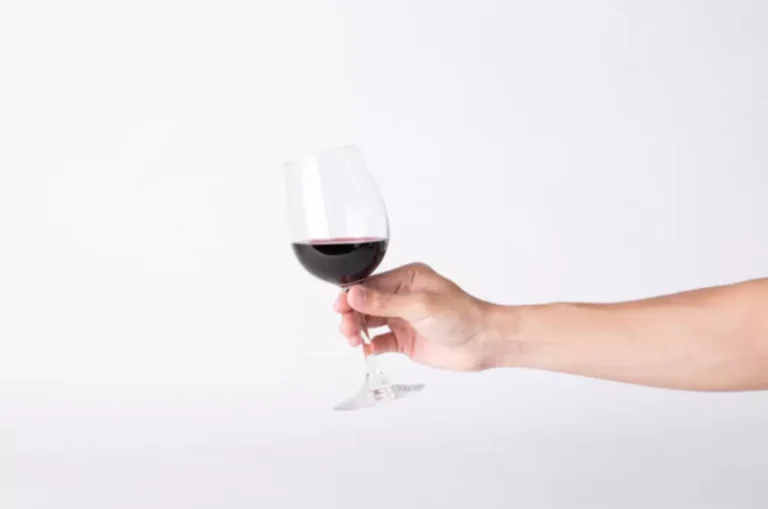
This can delay patient access to a new cannabis-derived product by as much as 2 years in many states (American Medical Association, 2018). The provisions of medical cannabis laws vary significantly by states (ProCon, 2018a). Alcoholics Anonymous In most states with medical use laws, physicians, and sometimes other types of health care providers, must recommend that the patient use cannabis or advise that the patient might benefit from such use (because cannabis is a Schedule I substance, physicians cannot prescribe it). Physicians are often exempt from professional and other liability that is premised solely on the fact that they issued such a recommendation or advice.
Substances
- Few states automatically change the schedule of a product or substance merely because the DEA has done so.
- Under this process, the FDA initially conducts a full assessment of the substance’s abuse potential, called an “eight-factor analysis” (8FA), because there are eight statutory factors that bear on abuse potential.
- Only THC is separately and specifically listed in the CSA as a Schedule I substance.
- A newly established analytical testing laboratory examined plant samples and determined that some CBD-rich varieties still remained, and a few extracts were made.
FDA is not aware of any evidence that would call into question its current conclusions that THC and CBD products are excluded from the dietary supplement definition under section 201(ff)(3)(B) of the FD&C Act. A. It depends, among other things, on the intended use of the product and how it is labeled and marketed. Even if a CBD product meets the definition of “hemp” under the 2018 Farm Bill (see Question #2), it still must comply with all other applicable laws, including the FD&C Act. The below questions and answers explain some of the ways that specific parts of the FD&C Act can affect the legality of CBD products.

About CBP

The agency has, however, approved one cannabis-derived and three cannabis-related drug products (see Question #2). Unlike drugs approved by FDA, products that have not been subject to FDA review as part of the drug approval process have not been evaluated as to whether they work, what the proper dosage may be if they do work, how they could interact with other drugs, or whether they have dangerous side effects or other safety concerns. The 2018 Farm Bill, however, explicitly preserved FDA’s authority to regulate products containing cannabis or cannabis-derived compounds under the FD&C Act and section 351 of the Public Health Service Act (PHS Act). FDA treats products containing cannabis or cannabis-derived compounds as it does any other FDA-regulated products — meaning they’re subject to the same authorities and requirements as FDA-regulated products containing any other substance. This is true regardless of whether the cannabis or cannabis-derived compounds are classified as hemp under the 2018 Farm Bill. In December, the DEA issued a rule about marijuana policy that set off a firestorm of criticism from the marijuana reform movement—and particularly among medical marijuana advocates.
What Is CBD?
A newly established analytical testing laboratory examined plant samples and determined that some CBD-rich varieties still remained, and a few extracts were made. The Discovery Channel in 2011 filmed one parent administering a CBD extract to his son who had a catastrophic form of epilepsy (Discovery Channel, “Weed war chronicles”), and word traveled in the community of parents with children with similarly intractable epilepsies. Individuals and entities who choose to engage in cannabis-related activities would violate the federal CSA.

FDA Regulation of Cannabis and Cannabis-Derived Products, Including Cannabidiol (CBD)
Proalgesic and proinflammatory factors released by peripheral cells are modulated by cannabinoids. These factors can produce peripheral nociceptor sensitization and contribute to peripherally driven pain conditions. Therefore, the modulation of the production of these factors by cannabinoid receptor activation could also result in analgesic effects. The studies mentioned in Tables 1 and 2 using human tissues are in accordance with preclinical studies.


The state cannabis laws described above—particularly the early laws—can be said merely to decriminalize certain cannabis-related activities under state criminal laws. They do not require private individuals or businesses to conduct cannabis-related activities. If is cbd addictive an individual/business wishes to avoid a violation of the federal CSA, that person or entity can simply avoid cannabis-related activities altogether. As a result, most state and federal courts that have considered this issue have found that these state laws are not invalidated by the CSA (Brilmayer, 2017; Guenthner, 2017). Cannabis is an umbrella term, and numerous varieties—with different cannabinoid ratios or other content, such as terpene profiles—exist in nature or as a result of breeding.
The Bottom Line: Is CBD a Drug?
Talk with your primary healthcare provider to review the risks and benefits of introducing supplements into your routine. Supplements such as ALA and acetyl-L-carnitine may provide some relief from neuropathic pain. Limited data exists to support the use of other supplements, such as B vitamins, capsaicin, magnesium, GLA, and cannabidiol, for neuropathy.
